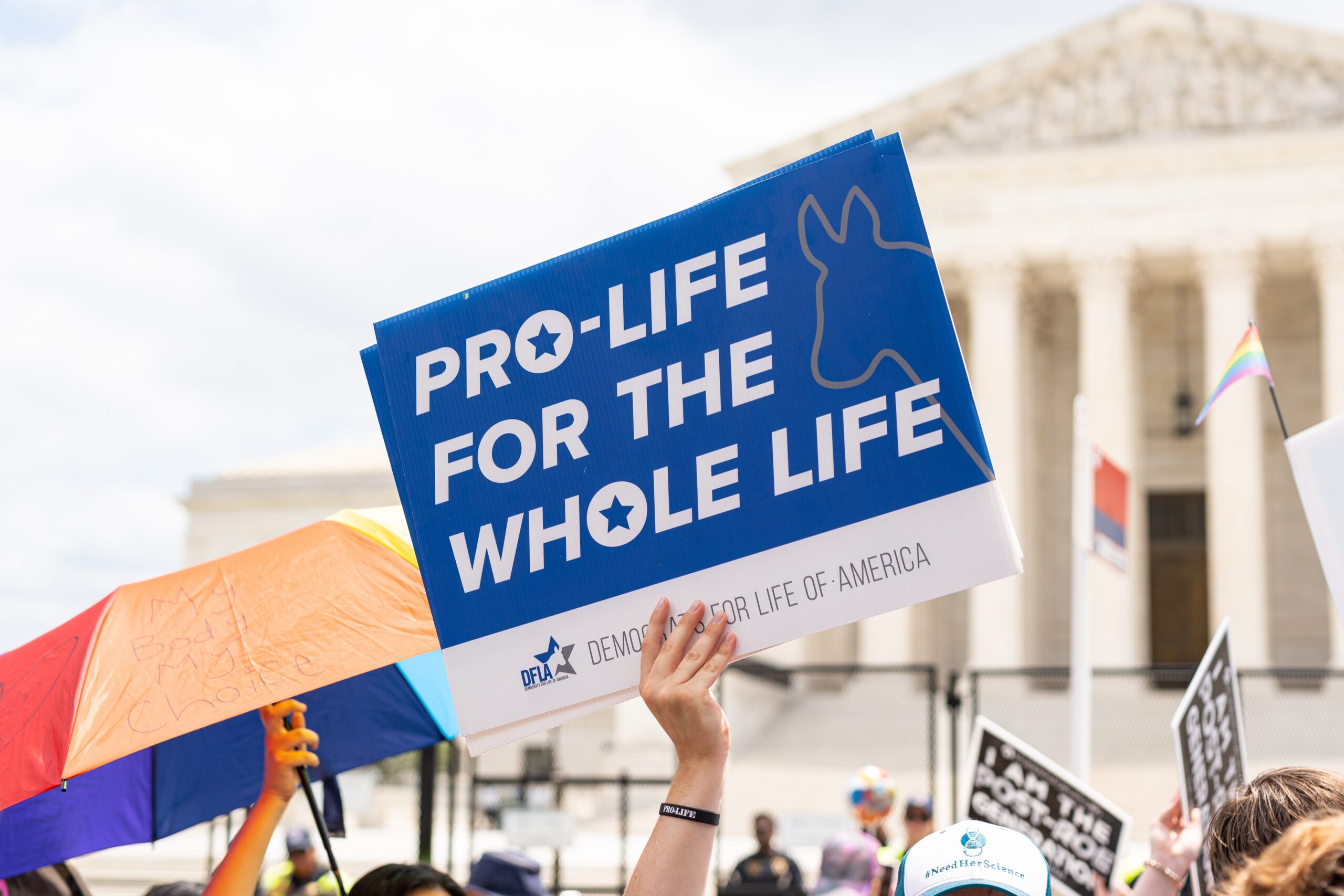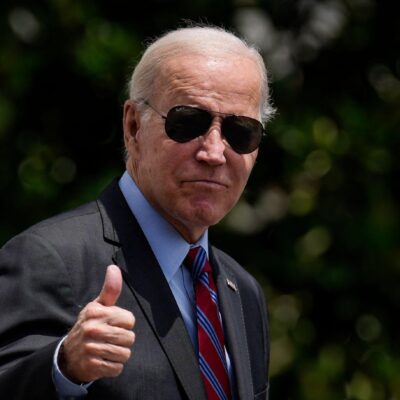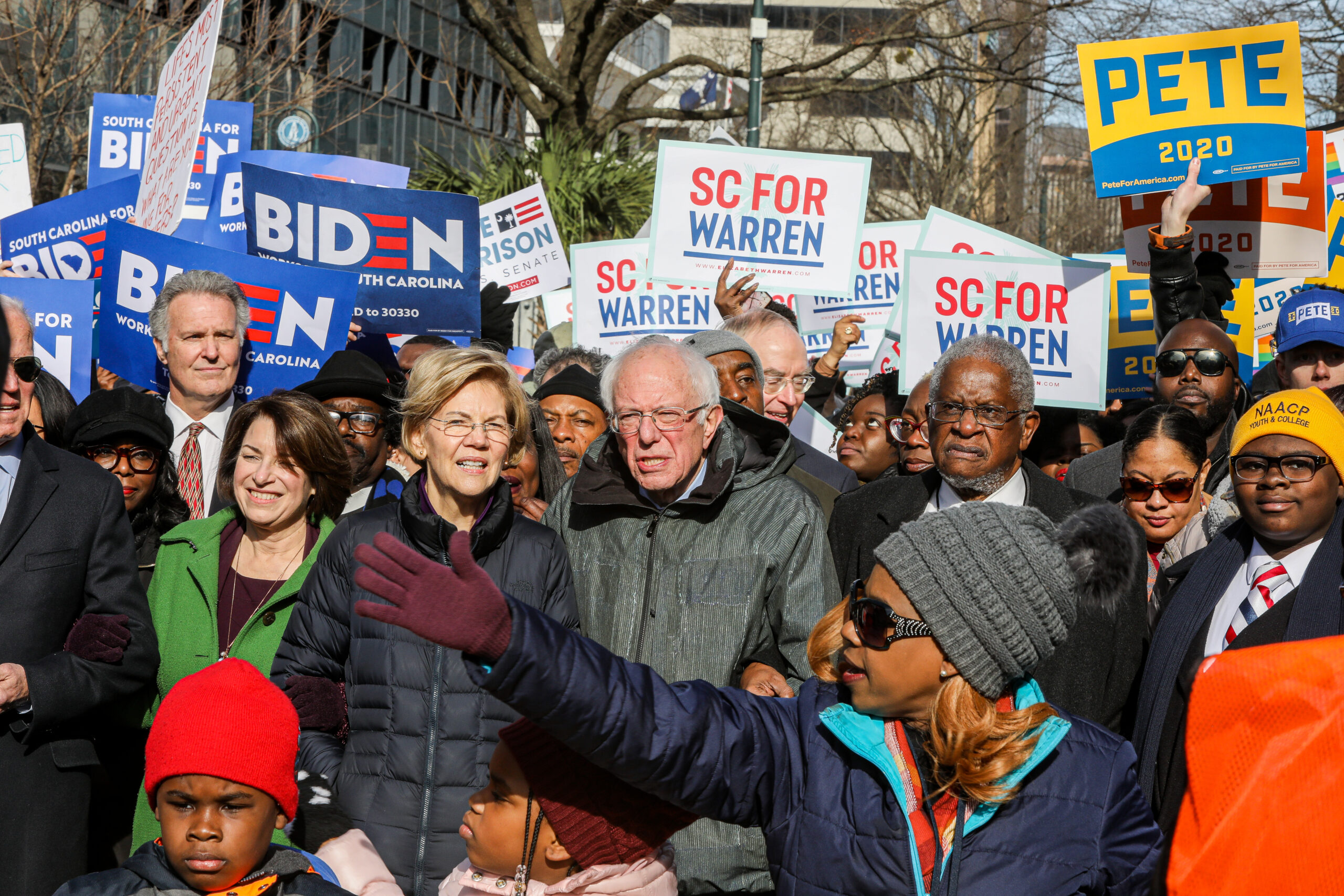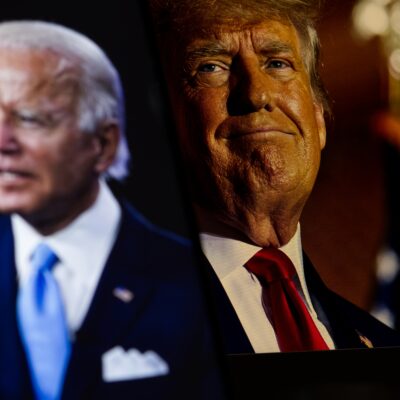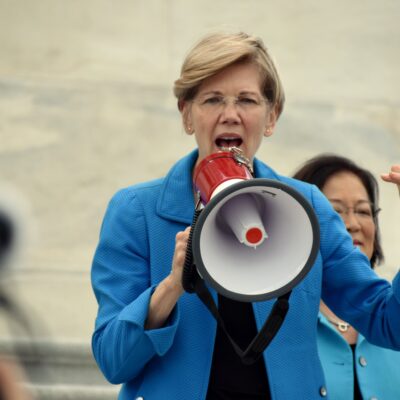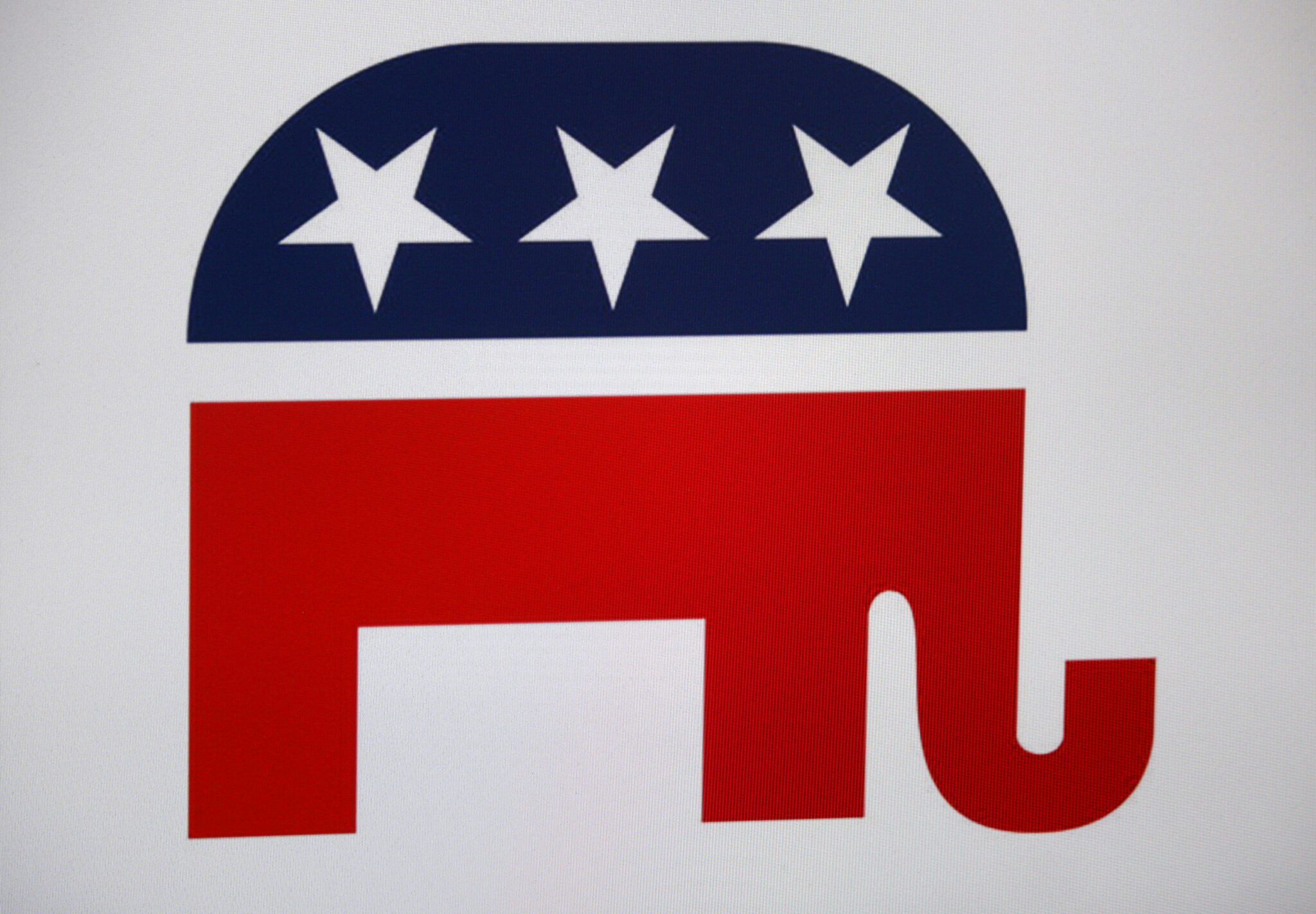
Right-Wing SUCCESS In Europe Could Mean Success In America
The recent success of right-wing parties in the European Parliament elections has shocked Europe and the world, hinting at potential implications for the upcoming U.S. presidential election.
Between June 6 and 9, voters from the 27 member states of the European bloc cast their ballots. European Commission President Ursula von der Leyen’s center-right European People’s Party (EPP) Group retained the majority with 189 of the 720 seats, but there was a notable shift from left to right across other groups.
Here’s what happened, and who the winners and losers were in this surprising electoral outcome.
The European results could signal a global rightward shift during one of the busiest election years on record, with over 50 countries holding elections this year, even before France announced a snap election following the European Parliament results, according to the Associated Press.
Given the tightly contested U.S. political landscape ahead of the 2024 elections, analysts are looking at global elections to gauge universal voter sentiments. This recalls the historic Brexit vote that preceded Donald Trump’s surprise victory over Hillary Clinton in 2016, particularly as similar issues seem to trouble both Europeans and Americans despite the Atlantic divide.
The successive victories of Geert Wilders’ Party for Freedom (PVV) in national and European elections have cemented the Netherlands’ shift to the right. Wilders, despite giving up his bid to become prime minister, has seemingly ensured a PVV-led government, which will be the most conservative in decades.
“The Greens and Liberals are big losers,” Wilders wrote on social media platform X. “They will lose many seats in the European Parliament. On the other hand, the PVV is winning big, just like our friends in France, Belgium, Austria, Portugal, and many other countries. It was a very beautiful election day!”
The London-based think tank Chatham House cited immigration as one of the primary issues that right-wing parties have pushed to the forefront of voters’ minds. They also noted “genuine” grievances about healthcare, housing, and an ongoing cost of living crisis as key issues for voters.
Support for Ukraine remains a key issue, although the think tank warns it is “perhaps the least controversial foreign policy issue,” with more focus on E.U. membership expansion. Russia’s invasion prompted Finland and Sweden to break decades-long neutrality policies and join the union.
The European Conservatives and Reformists (ECR) gained 21 seats, becoming the third-largest European party. France’s Rassemblement National (NA) will hold 30 seats overall, giving right-wing parties a significant presence in the parliament. Meanwhile, the Progressive Alliance of Socialists and Democrats (S&D), liberal Renew Europe, Independent and Democracy (ID), and Greens/European Free Alliance (EFA) each lost over a dozen seats.
Much like the U.S. House of Representatives, the number of Members of the European Parliament (MEPs) depends on their parent country’s population. Austria has 20 seats, Cyprus has six, Germany and France lead with 96 and 81 seats respectively, Italy has 76, Spain 61, and the Netherlands 31.
The ECR will have 83 seats, marking the largest gains. Media tried to position the EPP’s gains as a bigger story after previous losses, but ECR’s strong numbers in Poland, where it gained 20 seats as a runner-up to EPP, highlight the divided nature of politics in many European countries.
National parties in each country take seats and then filter into one of the parliamentary groups. Wins from parties like Germany’s Alternative for Germany (AfD) — entering the European Parliament for the first time with 15 seats — and Wilders’ PVV bolstered ECR’s standing.
According to Reuters, a party needs at least 23 MEPs from seven member states to have a presence in the European Parliament, meaning that even a single seat win in countries with few MEPs can secure a place at the table.
In Germany, EPP won the most seats, followed by NA and Greens. In France, ID took command over S&D and Macron’s Renew. Italy gave ECR its biggest win, with S&D as runner-up by only a few seats. Spain showed strong support for both EPP and S&D, while the Netherlands provided even support to Renew, EPP, and ID.
Politicians on the left have voiced concerns that ECR’s success gives the right a significant bargaining chip in future policy discussions, with the ruling EPP likely to engage with them as needed to pass legislation, thereby giving the right more influence.
ECR, a Eurosceptic party, is closely affiliated with Italy’s right-wing parties, notably Brothers of Italy. Nicola Procaccini has chaired the party since 2019, with major gains in France, Germany, and Italy. The party is also linked with Italian Prime Minister Giorgia Meloni, an archrival to French President Emmanuel Macron. Macron faces growing right-wing opposition in France, with Marine Le Pen’s National Rally — renamed from National Front in 2018 — seeking gains in an upcoming snap election.
Macron called a snap election after National Rally took 31.4% of the vote for the European Parliament, significantly outperforming other parties. He cited concerns that the party’s surge could hinder his remaining term and argued that an election was the “most responsible solution,” as reported by France24.
ECR describes itself as a “constructive center-right force,” according to Politico. The group includes Czech Prime Minister Petr Fiala’s party and Spain’s far-right Vox party. Romania added five new members to the group, underscoring that every win counts.
One of the most prominent new faces on the rising right is Jordan Bardella, the president of National Rally. Serving as an MEP since 2019, Bardella has become a galvanizing figure in French politics. He now finds himself poised to become prime minister should his party win the French elections set for July.
Bardella has shown a more moderate temperament, distancing from his party’s 2022 promise to prioritize a departure from “the integrated NATO command,” insisting that such a move during wartime would “considerably weaken France’s responsibility on the European scene and, obviously, its credibility with regard to its allies.”
Von der Leyen, from Germany’s Christian Democratic Union, the party of former Prime Minister Angela Merkel, faces the challenge of balancing the demands of both ends of the political spectrum if she wishes to succeed as president of the European Commission.
Sandro Gozi, the leading MEP in Renew, told Politico that he doesn’t believe ECR’s rise at the expense of his party will fundamentally change the parliament’s policies, arguing that the “pro-European majority” in left-wing parties will be enough to maintain the current approach.

